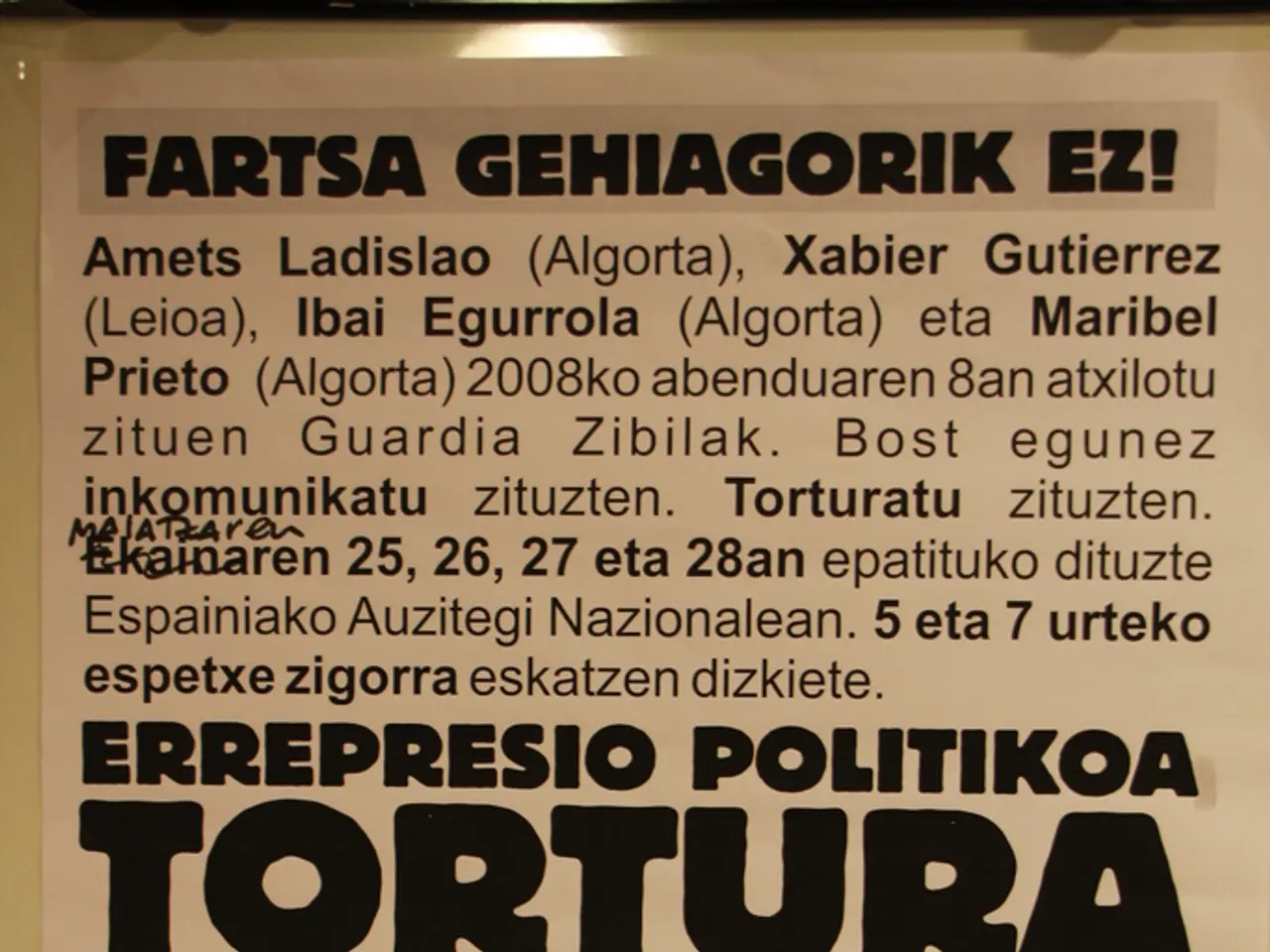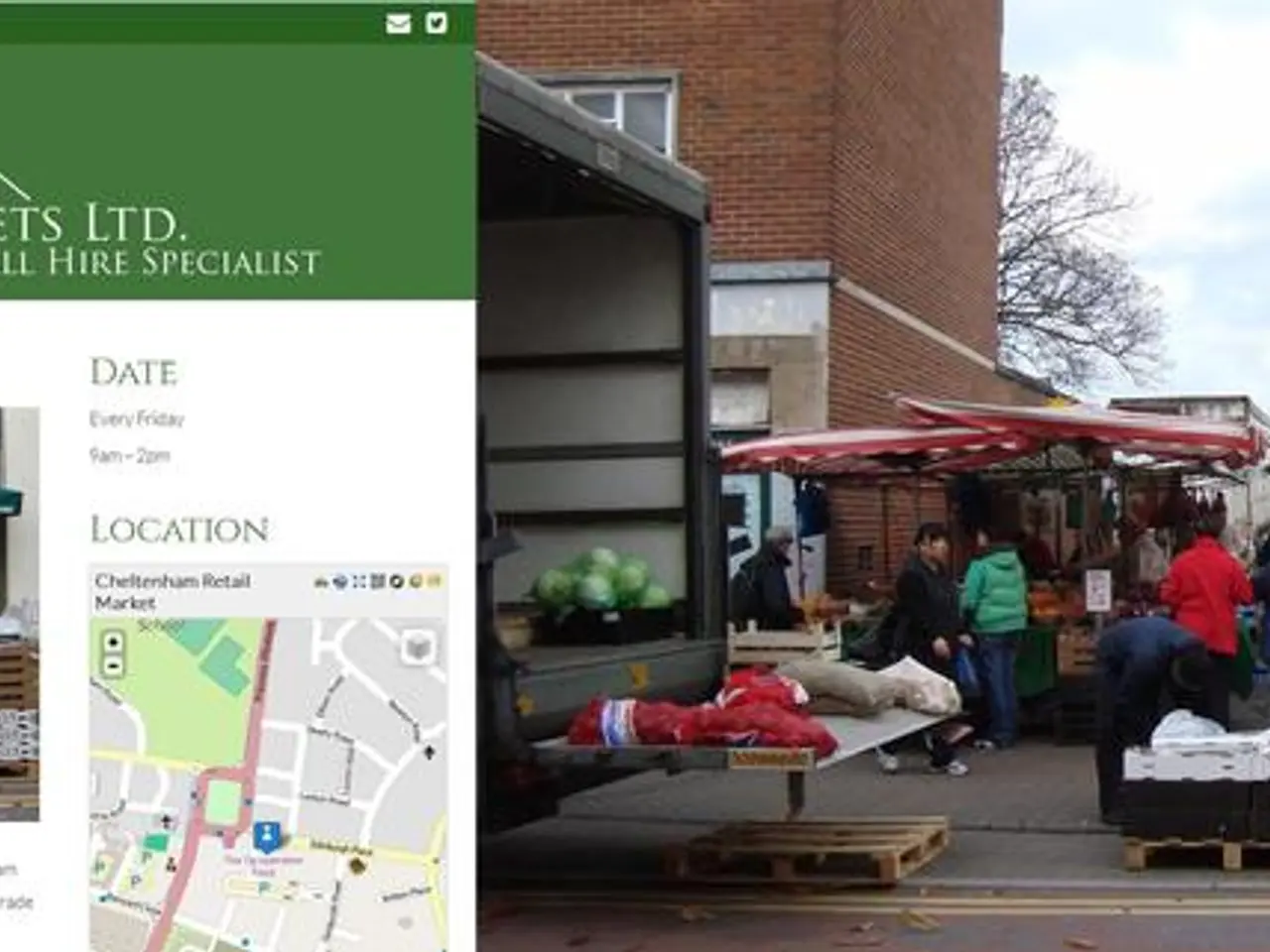Decision on Imposing Tax on Electricity Sparks Controversy Within Coalition
In a move that has sparked controversy, the German coalition government has decided against broad tax cuts for households and smaller businesses, opting instead for a targeted reduction limited to energy-intensive industries. This decision, aimed at protecting the competitiveness of major industrial users amid rising energy costs, has drawn criticism from various quarters.
The electricity tax cut, which will lower the tax to the EU minimum, will primarily benefit energy-intensive industries. However, proposals to extend this cut to households and smaller businesses, supported by the SPD and Greens, failed to gain majority support and were ultimately rejected.
This shift towards fiscal discipline was emphasised by Finance Minister Christian Lindner, who underscored the need to keep subsidies narrow to avoid budget overspending, especially in light of a court ruling limiting the use of unused pandemic funds.
The decision has been met with criticism from business groups and industry representatives, who see it as a breach of election promises and coalition agreements. The Central Association of German Crafts (ZDH) accused the coalition of a breach of trust, while the chairwoman of the German Social Association (SoVD), Michaela Engelmeier, spoke of a "fatal signal" for citizens.
Despite the criticism, the coalition is maintaining a narrow, targeted electricity tax cut, reflecting fiscal caution and internal political compromises. The broader relief measures for all consumers remain off the table for now.
In a bid to alleviate concerns, Vice Chancellor Lars Klingbeil (SPD) promised further relief as soon as the financial scope allows it. For private households, already decided reliefs will remain in place via network charges and gas storage surcharge, amounting to ten billion euros.
The dispute over the electricity tax has developed into the first real test for the black-red coalition. The CSU leader, Markus Söder, set a date for the reduction of electricity tax for all on January 1, 2027, expressing confidence that his plan is realistic.
Federal Chancellor Friedrich Merz (CDU) stated, "We can only spend the money we have." The leaders of Union and SPD must defend their decision against criticism from all sides. The money for the reduction of electricity tax could come from the reform of the citizens' money or a shift in migration policy.
In other developments, the expansion of the mothers' pension for mothers of children born before 1992 is set to come a year earlier than previously assumed: on January 1, 2027. The Chancellor tried to spread a positive mood after the coalition committee at a meeting with Volks- and Raiffeisenbanks.
The coalition agreement contains a clause that relieves the coalition partners from the accusation of breaking their word: the financing reservation. Merz has prevailed against the critics of the cabinet decision within the Union.
The German Industry and Commerce Chamber estimates that a maximum of 15 percent of companies will benefit from the reduction in electricity tax. Söder expressed confidence that his plan is realistic, stating that the will is 100% there and the result is very possible.
As the coalition navigates this contentious issue, it remains to be seen how the situation will unfold in the coming months.
The electricity tax cut, primarily benefiting energy-intensive industries, is a reflection of the coalition's focus on specific industries over households and smaller businesses, as broader relief measures remain unconsidered due to budget constraints and internal political compromises. Despite criticism from business groups and industry representatives, who view the decision as a breach of election promises, the coalition maintains its stance on fiscal conservation.




